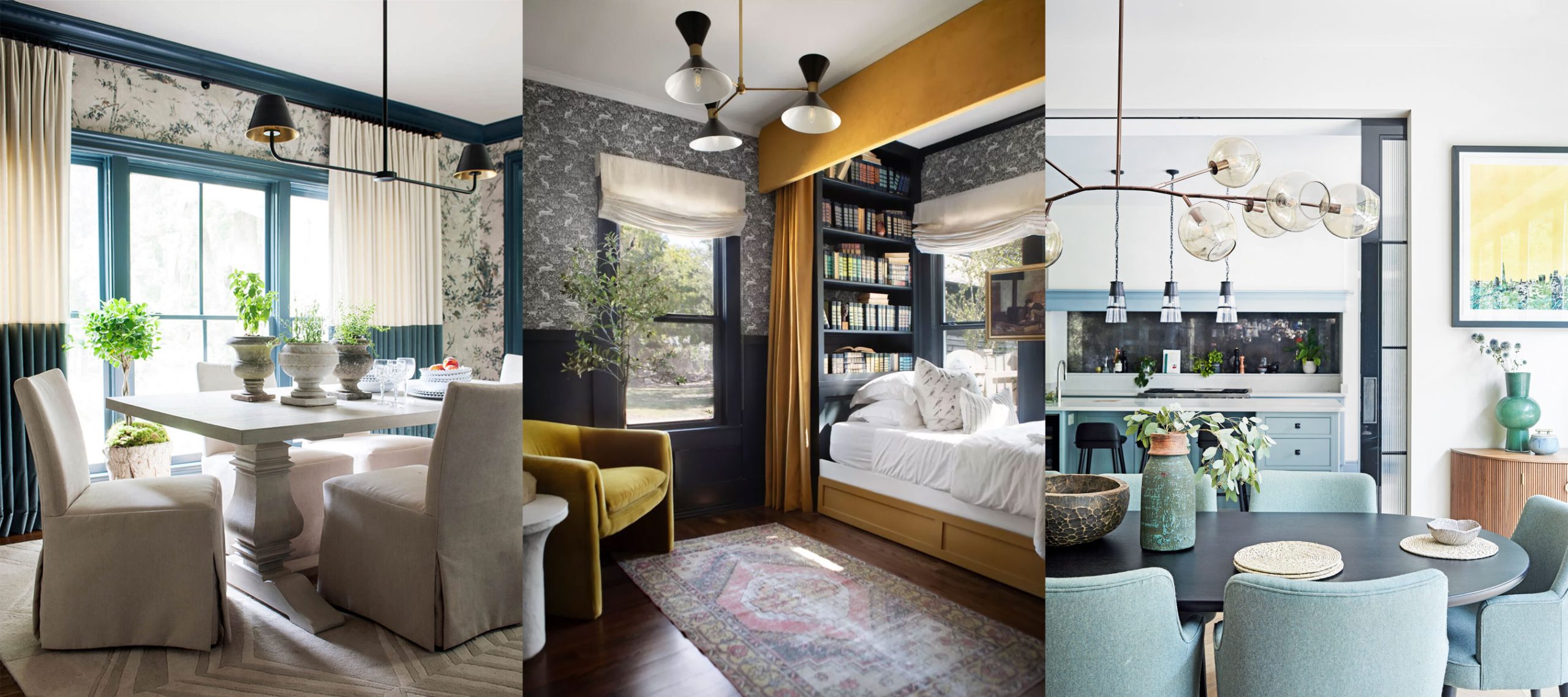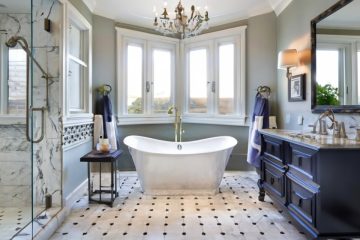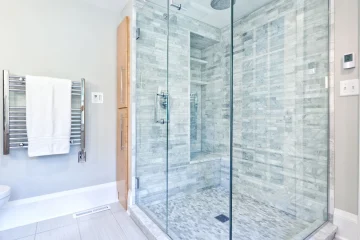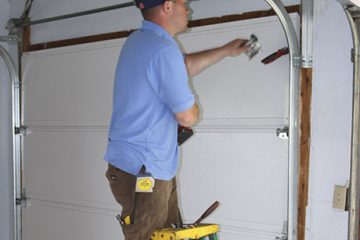For creative individuals, a home is more than just a place to live; it’s a sanctuary where ideas flow, projects come to life, and inspiration abounds. Whether you’re an artist, designer, writer, or musician, finding a home that fuels your creativity while meeting practical needs can be a rewarding yet complex journey. This guide will help you navigate the home-buying process with a focus on balancing inspiration with practicality, ensuring your space is both a haven for your creativity and a sound investment.
Understanding Your Creative Needs
Before embarking on your home search, it’s essential to define what you need from your space as a creative professional. Are you looking for a home with a dedicated studio, abundant natural light, or unique architectural details that spark your imagination? Consider the following questions to clarify your needs:
- What kind of space inspires you? Do you thrive in open, airy environments, or do you prefer the cozy charm of a more intimate setting?
- Do you need specific features? This could include high ceilings for large canvases, a soundproof room for music, or a separate workspace that allows you to disconnect from home life.
- How important is location? Proximity to cultural hubs, galleries, or other creatives can be a significant factor in choosing the right neighborhood.
By identifying your creative needs, you can set clear criteria that will guide your search and help you stay focused on finding a home that aligns with your artistic lifestyle.
Balancing Aesthetic and Practical Considerations
While it’s easy to get swept up in the aesthetics of a beautiful home, it’s equally important to consider practical aspects like budget, location, and long-term investment potential. Here are some tips to help balance your creative desires with practical considerations:
- Set a Realistic Budget: Determine how much you can afford to spend on a home, factoring in not just the purchase price but also ongoing costs like maintenance, utilities, and any necessary renovations. Understanding your financial limits upfront will help you avoid falling in love with a property that’s beyond your means.
- Evaluate the Layout and Flexibility: A home with flexible spaces can be a great asset for creatives who need to adapt their environment over time. Look for homes that offer adaptable rooms, such as a spare bedroom that can double as an office or studio, or open layouts that can be reconfigured as your needs change.
- Consider Future Growth: Think about how your needs might evolve in the future. If you plan to expand your creative business or start a family, choosing a home that can grow with you will save time and money down the line.
How a Buyer’s Agent Can Help
Navigating the real estate market can be overwhelming, especially when you have specific creative requirements for your home. A buyer’s agent can be an invaluable ally in this process, offering expertise and guidance tailored to your unique needs. Here’s how a buyer’s agent can make a difference:
- Expert Market Knowledge: A buyer’s agent has in-depth knowledge of the local market and can identify properties that fit your criteria. They understand the nuances of different neighborhoods and can help you find areas that align with your creative lifestyle.
- Negotiation Skills: Once you find a home that meets your needs, your agent will handle negotiations on your behalf, ensuring you get the best possible deal. This is particularly important if the property requires updates or modifications to suit your artistic vision.
- Understanding Buyer’s Agent Fees: Working with a buyer’s agent involves certain fees, but the benefits of their expertise often outweigh the costs. Knowing what to expect in terms of fees can help you budget effectively and make informed decisions.
- Saving Time and Reducing Stress: With a buyer’s agent handling the logistics, you can focus on the creative aspects of finding your ideal home. Their support can streamline the process, reduce stress, and help you avoid common pitfalls in the home-buying journey.
Designing a Home That Inspires
Once you’ve found the right home, the fun part begins: making it your own. Design your space to inspire creativity and reflect your personal style. Here are some tips to get you started:
- Embrace Natural Light: Light is a crucial element for any creative space. Position your workspace near windows or consider installing skylights to enhance the natural light in your home. This not only boosts mood but also improves the functionality of your creative space.
- Curate Your Environment: Surround yourself with objects, colors, and textures that inspire you. Whether it’s art, plants, or vintage finds, curate your home in a way that reflects your unique aesthetic and fuels your creative energy.
- Create Functional Zones: Designate specific areas for different activities, such as a quiet reading nook, a lively brainstorming space, or a dedicated art studio. This zoning can help you stay organized and make the most of your home’s layout.
Conclusion
Finding a home that supports your creative lifestyle involves balancing inspiration with practicality. By clearly defining your needs, working with a knowledgeable buyer’s agent, and thoughtfully designing your space, you can create a home that not only meets your practical requirements but also serves as a wellspring of inspiration for your creative endeavors. With the right approach, your home can be more than just a living space—it can be the ultimate expression of your artistic journey.



